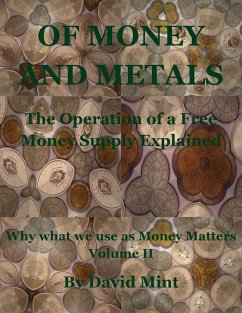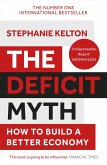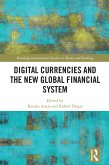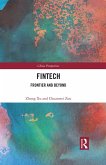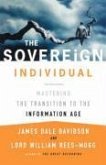Of Money and Metals: The Operation of a Free Money Supply Explained is Volume II in the "Why what we use as Money Matters" series.
Of Money and Metals presents the fallacies of the current day practice of circulating debt in the place of money and explains the urgent need for and the operation of a free money supply.
This volume also explores the phenomenon of Bitcoins and digital currencies.
Circa 2013, for some odd reason, there seems to be an abundance of debt and a dearth of money in the world. The world as we know it is perilously out of balance.
How can this be? Why are things so far out of balance? In the interest of time, we will sum up what is otherwise a long and painful explanation in the following way: Roughly 100 years ago, by decree of the financial authorities, debt was declared to be money. Ever since then, man has lived in a state of economic confusion.
On one hand, man has seen an unprecedented level of technological advances and a resulting rise in his standard of living. On the other hand, on net, he, or someone acting in his name, has borrowed an unprecedented amount of money from the future in order to achieve these advances and consequent rise in his living standards.
How is this possible? Didn't simply declaring that debt is money relieve man of having to save? After all, if everyone simply assents to accepting promises to pay in the future for goods or services which are delivered or performed today, haven't we trumped the need for savings, the Yang, as it were?
More to the point, have the laws of nature with regards to money been permanently suspended or altered?
If only it were so. Unfortunately, the longer man labors under the false assumption that debt is money, the greater the pain which will be incurred by mankind as nature unilaterally brings the earth into balance.
Dieser Download kann aus rechtlichen Gründen nur mit Rechnungsadresse in A, B, CY, CZ, D, DK, EW, E, FIN, F, GR, H, IRL, I, LT, L, LR, M, NL, PL, P, R, S, SLO, SK ausgeliefert werden.

